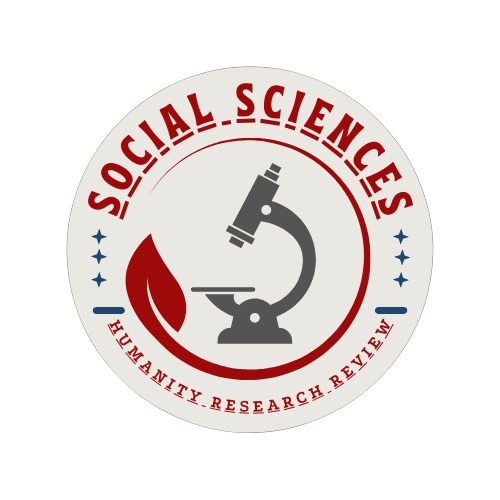DEVELOPMENT OF COMPUTATIONAL THINKING THROUGH THE SCRATCH PROGRAMMING SOFTWARE IN ELEMENTARY SCHOOL STUDENTS
Abstract
Computational thinking is a newly emerged skill which can be used even without using computer hardware for problem solving. It has been listed in the skills of 21st century skills. The STEM subjects are the subjects when are taught in classroom needs hands on activities either through programming or other tools to promote higher order thinking in students. There are only a few studies which introduced programming environments for development of computational thinking skills either through a specific subject or in general so research in this field was needed to be initiated to probe out the potential benefits of programming environments in learning process. In Pakistan perspective computational thinking is a totally new field which was needed to be studied. The study used user friendly open source software named as Scratch software to develop computational thinking skills of elementary school students. The study was being the experimental in nature and true experimental research design used. The four groups were used as sample for the study in which two groups are of male students and the other two of female students. Self-developed modules through scratch software were used as intervention to develop computational thinking. The results indicated that intervention of Scratch software to develop computational thinking has significant impact. It is also noted that academic performance significantly improved with the induction of Scratch software in the classroom instruction. The study concluded that gender has no impacts on results as long as development of Computational thinking and academic performance.







